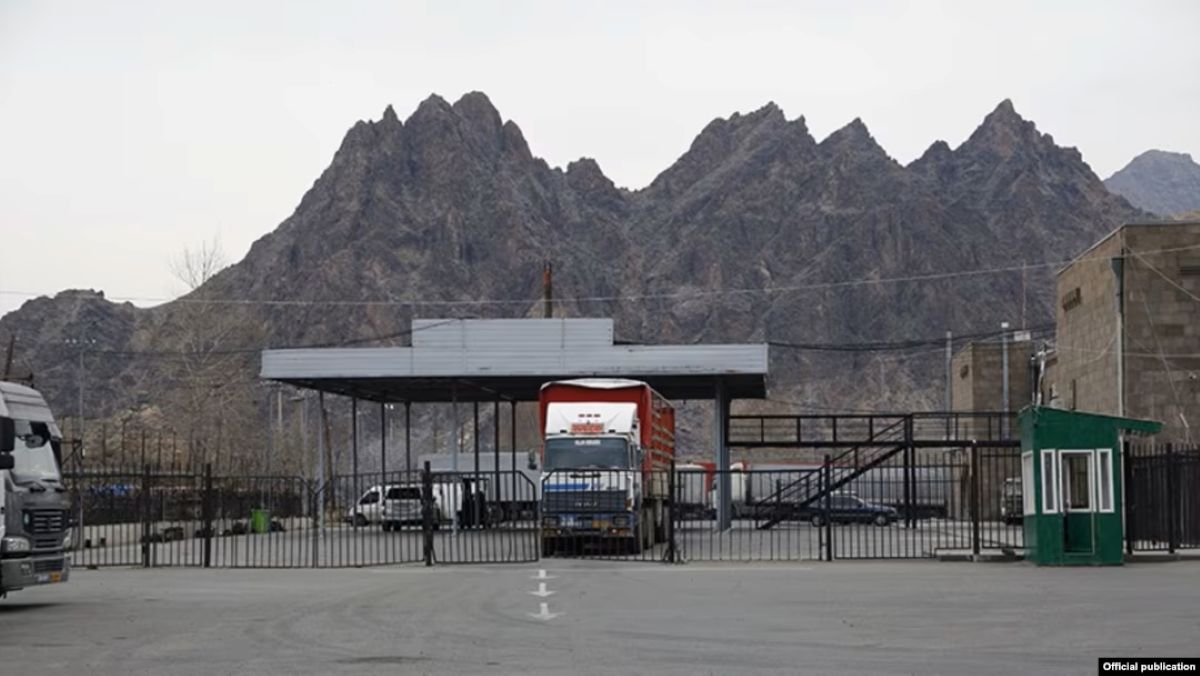In Armenia, mediation becomes mandatory before taking family disputes to court
Mediation in family dispute resolution in Armenia
Starting July 1, Armenia has made it mandatory to seek mediation before taking certain family disputes to court. Only if the parties fail to reach an agreement through a mediator will the case proceed to court.
This legislative initiative was introduced by the Ministry of Justice. The ministry believes that mediation can serve as an effective alternative to court proceedings, offering a quicker and less costly resolution to conflicts.
“This applies in particular to divorces, disputes over child visitation, and alimony. However, cases that require state intervention—such as those involving termination of parental rights or adoption—are not included in the list of disputes subject to mandatory preliminary mediation,” explained Davit Gharibyan, director of the Centre for Legislation Development Foundation.
According to him, significant preparatory work was carried out before the new regulation came into force to ensure a smooth and effective process. Garibyan described the introduction of mandatory mediation as “an important step forward for the judicial system.”
- Armenia to support employers who hire people in need
- Three times more domestic violence cases in Armenia last year — Prosecutor General’s report
- Pashinyan says people in Armenia live better than in 2018 – they disagree
When mediation is required
According to the Ministry of Justice, mediation is now mandatory in the following types of family disputes:
- divorce proceedings
- determining the child’s place of residence
- alimony claims
- division of jointly owned marital property
- exercising parental rights, including matters related to visitation, upbringing, and education
- establishing visitation schedules
- disputes over modifying or terminating a prenuptial agreement
To initiate mediation, parties must submit an application through the online mediation platform. They can either jointly choose a mediator or allow the system to assign one.
“In the latter case, the platform will automatically assign a mediator whose office is located closest to the applicants’ place of residence,” the Ministry of Justice reports.
It is important to understand that mediators are not judges, but neutral facilitators with professional training, whose role is to help both parties reach a mutually acceptable resolution.
However, a signed and approved settlement agreement carries the same legal weight as a court ruling.
“If one of the parties fails to comply with the terms of the agreement, enforcement measures may be applied,” the ministry noted.
The mediation system will ease the burden on courts
According to Maria Petrosyan, a legal expert at the Centre for Legislation Development Foundation, this reform will help ease the pressure on the courts:
“Official court statistics show that in 2023 and 2024, between 2,800 and 3,000 cases per year fell into categories that will now be handled through mediation. So we expect a significant transfer of such cases from the courts to the mediation system.”
The expert believes mediation is a more constructive way to resolve disputes:
“These reforms are aimed at introducing the mediation system more broadly. The expectation is that in the future, mediators will also handle not only family matters, but all types of civil and labor disputes.”
Armenia now has 123 certified mediators
Gayane Demirchyan, head of the Self-regulatory Organization of Mediators, announced that there are currently 123 certified mediators operating in Armenia.
According to her, anyone over the age of 25 with a higher education degree is eligible to become a mediator. Before starting their duties, candidates must complete a qualification process and obtain a license. The Ministry of Justice is responsible for organizing training courses for mediators.
“During the courses, participants develop skills in negotiation, psychology, conflict management, and study the law on mediation,” said the head of the organization.
There are mediators working on a permanent basis across all regions of Armenia.
“In other words, their main workplace will be in the provinces. It’s also important to note that mediators are allowed to perform their duties remotely,” Gayane Demirchyan explained.
Follow us – Twitter | Facebook | Instagram
Mediation in family dispute resolution in Armenia




















